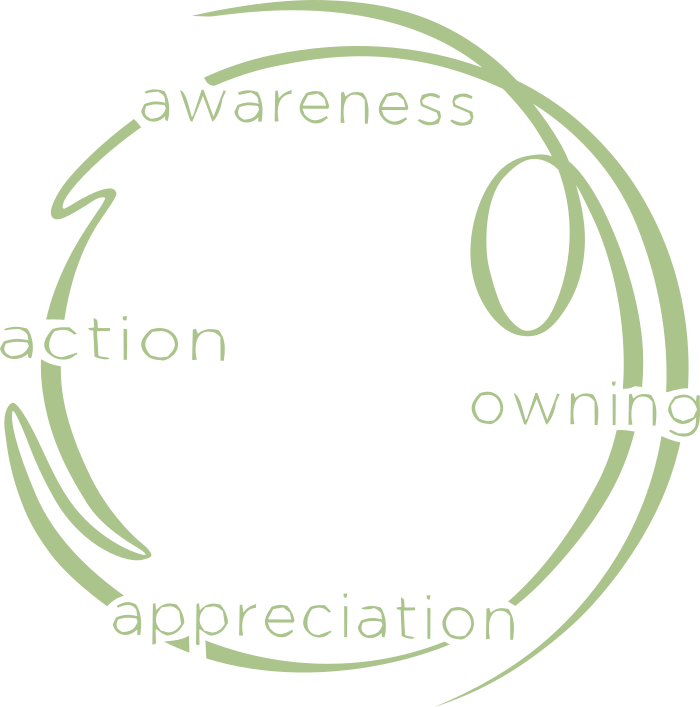April 2025
The Mobility Gradient is seen as increasingly central in the Moving Cycle’s theory and practice, helping us to understand how to observe movement, how to work with trauma and addiction, and how to promote creativity. This course, taught through the DMT program at Zoe School in Basel, will briefly review the structures of movement processes, and then look in detail at how to work with all the locations on the Gradient.
Taught by Christine Caldwell, in English
May 2025
The Mobility Gradient is seen as increasingly central in the Moving Cycle’s theory and practice, helping us to understand how to observe movement, how to work with trauma and addiction, and how to promote creativity. This course, taught through the DMT program at Zoe School in Basel, will briefly review the structures of movement processes, and then look in detail at how to work with all the locations on the Gradient.
Taught by Christine Caldwell, in English
Participants learn the theory and practice of the Moving Cycle, as it has developed from its roots in dance therapy, body psychotherapy, neuroscience, attachment theory, phenomenology, and contemplative disciplines. Learning takes place largely through physical experimentation, followed by discussion. Core skills will be taught: the oscillation of attention, postponing meaning-making, physical free association, shared authority between the facilitator and the mover, and supporting emerging movement sequences to become body narratives.
Taught in Englisch by Christine Caldwell
Participants learn the theory and practice of the Moving Cycle, as it has developed from its roots in dance therapy, body psychotherapy, neuroscience, attachment theory, phenomenology, and contemplative disciplines. Learning takes place largely through physical experimentation, followed by discussion. Core skills will be taught: the oscillation of attention, postponing meaning-making, physical free association, shared authority between the facilitator and the mover, and supporting emerging movement sequences to become body narratives.
Taught in English by Christine Caldwell
No event found!
